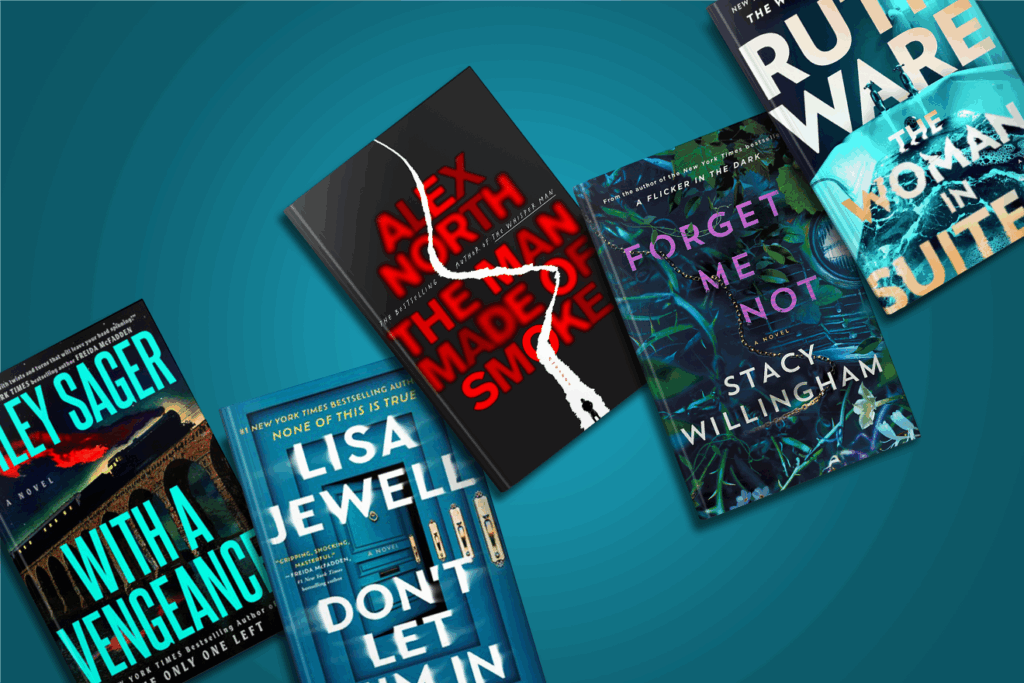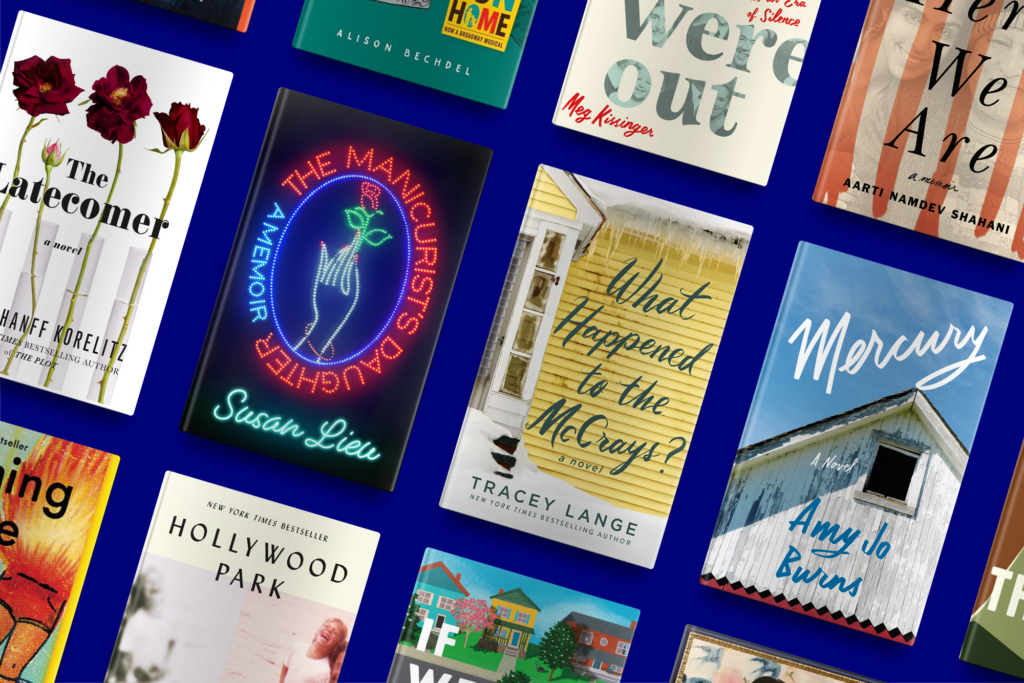These days, writers are expected to play a larger role in marketing their own books, but thankfully social media offers an easy solution. With very little setup, you can share your life as a writer, promote your books and events, connect with other authors, and most meaningful of all—talk to your readers. Here are the benefits of some of the biggest social platforms, ideas for what to post, and some basic best practices to keep in mind.
Pick Your Platform
There are a lot of social media platforms and the truth is, you don’t have to use all of them. In fact, you shouldn’t if it’s going to be too much work.
 Facebook is probably going to give you the biggest return on your investment (which, as a writer, is precious time). Of all the platforms, Facebook makes it easy to grow a reliable audience—people who will follow your career over the years and interact with you and other readers. You’ll need a personal Facebook account to begin with, and then you can create a Page. Select the Community or Public Figure option, name your page, and choose the author category.
Facebook is probably going to give you the biggest return on your investment (which, as a writer, is precious time). Of all the platforms, Facebook makes it easy to grow a reliable audience—people who will follow your career over the years and interact with you and other readers. You’ll need a personal Facebook account to begin with, and then you can create a Page. Select the Community or Public Figure option, name your page, and choose the author category.
While Facebook yields deeper conversations, Twitter is a great place to post announcements and stay on top of breaking trends. It’s true that people can like and reply to your tweets, but expect lower engagement there. The big value of Twitter, though? A tweet can go viral in a matter of hours!
Instagram is all about visual storytelling. You’ll use more images and (short) video than any other platform. If you want to invest your time here, consider your feed a pictorial diary of your life as a writer. Your feed should inspire other authors and readers, and convey the elements of your voice and aesthetic at a glance.
Goodreads. Many authors have mixed feelings here. The thing to keep in mind is Goodreads was built for readers, not writers promoting their books. We suggest building an audience on Facebook first and then sending your readers to a Goodreads author page later. Reviews on Goodreads tend to be brutally honest (which is only fair), so if you can bring loyal readers with you, you may have some great reviews posted right from the start.
What to Post About
You know where to go; now you’ve got to say something.
Your writing life. Think about what it takes for you to sit down and write. Do you have writing rituals? Do you use interesting writing prompts to get your creative juices flowing? Feel like commiserating about writer’s block? What does your writing space look like? Anything that gives your readers a peek behind the curtain is a great idea for a social media post.
Fun & games. Take a break from talking about yourself and ask your readers fun questions about themselves. Even simple questions like “What are you reading now?” or “What’s the best book you’ve read so far this year?” will get the conversation started. When your book is published, run a giveaway, with signed copies as the prize.
Milestones. If you land a new agent, sign a contract, or even just finish a difficult chapter, these achievements are worth bragging about on social media. Share your excitement, and let your readers know how much you appreciate their support.
Promotion. It’s great fun to hang out on social media and talk to fellow writers and readers, but at the end of the day, you’re there for one measurable reason: to promote yourself. Book sales, pre-orders, attendance at events—these numbers can all be affected by you building a loyal audience on social media. Don’t be shy about posting things like “Pre-order my new novel!” or “RSVP here for my book reading this Saturday!” Promotion is the 10 percent in the 70/20/10 rule, and it’s the whole point for being on social media.
5 Tips for Successful Social Media Promotion
When you’re on social media, follow these best practices so you get the most out of what you put in.
Follow the 70/20/10 rule. Your posts should equal 70 percent original content, 20 percent shared from other sources, and 10 percent specifically asking your followers to sign up for your newsletter, attend your event, or buy your book. The goal is to inspire your audience before you try to sell to them.
Always use images–video if you can. More than 80 percent of all content shared on Facebook includes an image or video, and video is the most shared format on the platform. Tweets with images get retweeted 150 percent more than plain text. Video can double your likes, retweets, and comments. The more exposure, the better.
Watch trending topics. Check these on Facebook, Instagram, and Twitter every day, and see if you have related content about your writing life that can add value to the conversation. This shows that you’re plugged-in to the same current events as your readers—a point of connection that’s easy to achieve. Note that trends move faster on Twitter than anywhere else.
Be fabulous. That passion you put into publishing, editing, writing, or even brainstorming a story? Keep it alive in your social media posts! Post on a regular basis—whether it’s once a day or three times a week, keep it consistent. Readers will notice the value you deliver, and they’ll come back for more. Of course, the flip side of this coin is that they’ll notice when you’re phoning it in, and they’ll eventually unlike your page.
Most importantly, be social. It’s called social media, not anti-social media. In short: you have to put yourself out there to get momentum on your social media pages. Reply to comments posted on your page, always. Like people’s comments—they’ll appreciate getting attention from you. Tag individuals or pages in your posts as often as possible—it shows your connection to other readers and it makes it possible for that post to show up on the other page. Post comments on other pages that have the same audience as you. Like and share their content, too—they’re likely to return the favor.
Here are a few of our favorite author pages on Facebook: Neil Gaiman, J.K. Rowling, Stephen King, and Amy Tan. They post about their lives, their works, and current events. Over time, as your number of followers and level of engagement grows, you’ll develop your own social media personality. Have fun with it and keep your eyes on the prize: selling your books!



